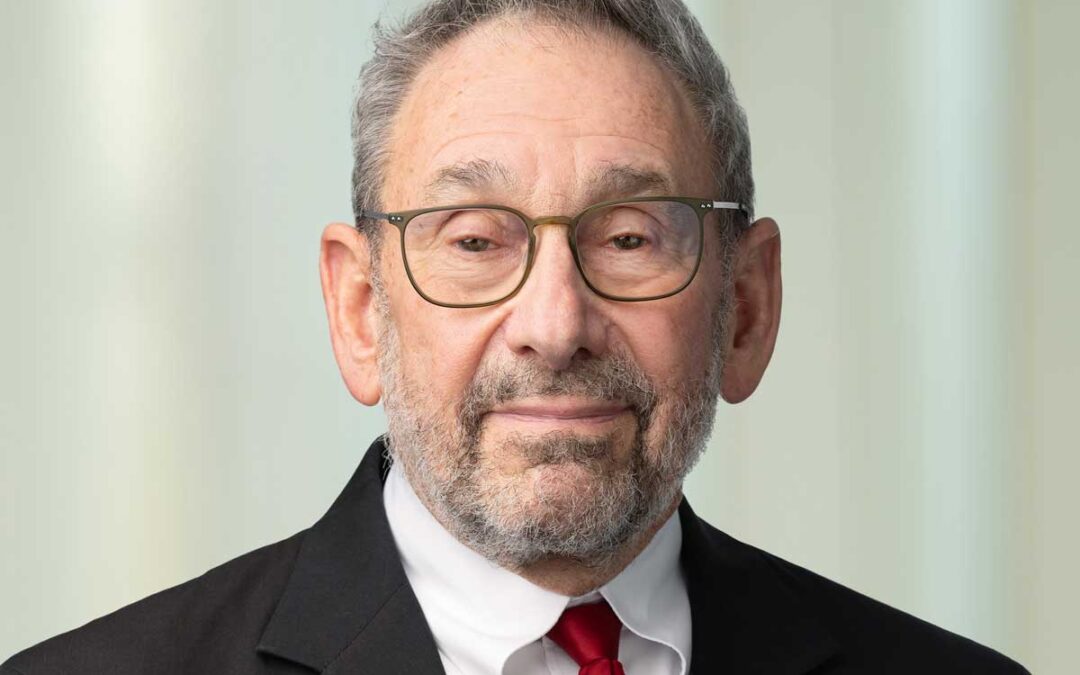
by Sandulli Grace Staff | Jul 10, 2023 | Collective Bargaining, In Our Opinion..., Labor In The News
ONLINE NEWS MAGAZINE SALON INTERVIEWS SANDULLI GRACE ATTORNEY ON RECENT SUPREME COURT DECISION ON UNION’S RIGHT TO STRIKE Following the June 1, 2023 Supreme Court decision in Glacier Northwest Inc. v. International Brotherhood of Teamsters Local Union No. 174 (No....

by Alan Shapiro | Jul 7, 2023 | In Our Opinion..., Labor In The News
Sandulli Grace attorney John Becker is quoted extensively in an article published June 12, 2023 in Salon, a national publication. The article focuses on labor law opinions issued by the most recent appointee to the U.S. Supreme Court, Justice Ketanji Brown Jackson. In...

by Sandulli Grace Staff | Nov 16, 2021 | In Our Opinion..., Labor In The News, Sandulli Grace In The News, Uncategorized
The police reform bill recently passed by the Massachusetts Legislature (known as the Massachusetts Peace Officer Standards and Training or “POST” law) established a number of committees to study various aspects of policing in the Commonwealth. The job of one of those...

by Alan Shapiro | Aug 23, 2021 | In Our Opinion...
With today’s Federal Drug Administration approval of the Pfizer-BioNTech vaccine for those 16 years of age and older, and with approval of the Moderna vaccine expected soon, we can anticipate a wave of employers imposing vaccine mandates on their employees. For those...

by John Becker | Mar 18, 2021 | In Our Opinion..., Unfair Labor Practices
Federal law requires all employers to pay overtime rates for certain hours worked, but many employers calculate the overtime rate incorrectly. To find out if you may be owed money, read on. A federal law known as the Fair Labor Standards Act (FLSA) requires nearly...

by Alan Shapiro | Jan 8, 2021 | Collective Bargaining, In Our Opinion...
On December 22, the New York Times published an article entitled, “How Cities Lost Control of Police Discipline.” To someone reading the story without an understanding of labor relations and the arbitration process, the message was clear: the ability of police unions...







